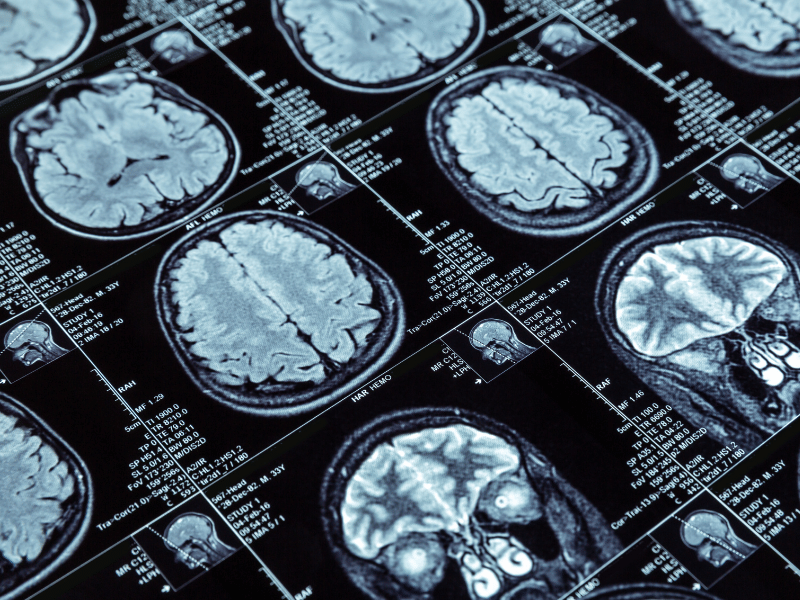Most Americans are in favor of organ donation, but not everyone who joins the donor list is able to donate. In fact, only 3 in 1,000 people die in a way that allows for organ donation.
A person becomes a donor by being declared brain dead, or through a process known as donation after circulatory death. But how are these determined, who determines it and how do they differ from being in a coma?
Determining Brain Death
Brain death is legally and medically recognized as death. According to the American Academy of Neurology, “brain death, occurs in individuals who have sustained catastrophic brain injury, with no evidence of function of the brain as a whole, a state that must be permanent.”
Brain death typically happens after a major injury, illness or stroke where the blood supply to the brain is blocked, or the brain begins to swell to the point it cuts off its own blood supply.
The brain is responsible for many functions in the body, including thought, movement, maintaining blood pressure, heart rate, body temperature, hormones, breathing and more. When a patient is brain dead, their body’s entire system stops. A ventilator keeps the patient’s body functioning.
Gift of Life Michigan, and other organ donation organizations, do not declare brain death. Brain death is determined by the patient’s medical team at the hospital. This medical team is not part of the donation or transplant process. The medical team must perform thorough testing to declare a patient brain dead.
Donation after circulatory death
Donation after circulatory death (DCD) occurs when a patient has a permanent brain injury or disease that results in necessary life-sustaining medical treatment, or ventilated support. With these types of serious injuries the brain is often too damaged to recover, and the patient will not survive without ventilator support.
When the doctor determines the patient has no chance to survive, the family makes the decision to end life-sustaining measures. The machine support is removed and shortly after the heart stops, a doctor pronounces that the patient has died.
Organ and tissue recovery doesn’t take place until after the person’s heart stops beating and they are declared dead by their doctor. Organ donation organizations like Gift of Life Michigan are not involved in declaring circulatory death.
Coma
A coma is a medical emergency that takes place when someone is in a state of deep unconsciousness and cannot be woken up. The patient is still alive and there is brain activity, however they’re not responsive to people or what is going on around them.
Identifying when a patient is in a coma requires testing. This often involves three types of tests: physical examination, lab testing and brain scans. Physical exams check reflexes, response to pain and eye reactions. Lab work helps determine kidney and liver function. Brain scans can help identify the areas that are injured and detect brain activity.
A coma rarely lasts longer than several weeks. After that, the patient might move to what is called a persistent vegetative state or possibly brain death.
A person in a coma cannot be an organ donor.
Donation after brain death
Organ donation does not take place until brain death is declared by the patient’s medical team at the hospital and a time of death is noted.
If the patient is a registered organ donor, their body is kept on a ventilator until the organ recovery can take place. The ventilator keeps blood and oxygen flowing to their organs. Brain death is not reversible.
It is important to discuss your decision to be an organ donor with your family. Once you have joined the Michigan Organ Donor Registry, that decision is protected by state law. Your family cannot change that decision.
To learn more about the donation process or to sign up to become an organ donor, visit golm.org.








